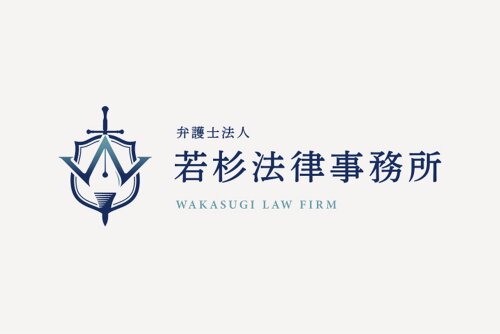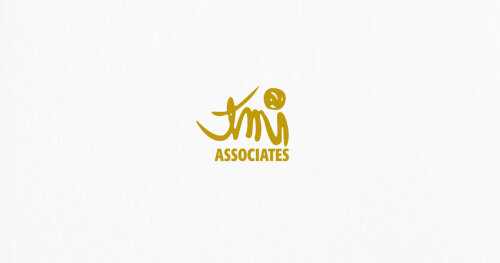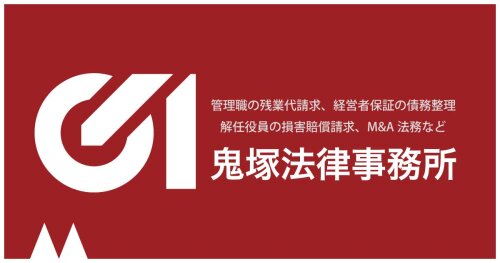Best Transportation Lawyers in Fukuoka
Share your needs with us, get contacted by law firms.
Free. Takes 2 min.
List of the best lawyers in Fukuoka, Japan
About Transportation Law in Fukuoka, Japan
Fukuoka, as one of Japan's prominent urban centers, serves as a vital transportation hub connecting the Kyushu region with the rest of the country and abroad. The city is known for its integrated public transport systems, including railways, buses, ferries, and a well-structured road network. Japanese transportation law governs how these systems operate, addressing issues such as safety regulations, licensing, liability in events like accidents, and the rights and responsibilities of both providers and users of transportation services. In Fukuoka, local ordinances and prefectural regulations supplement national laws to address regional needs, such as traffic management, public transit operations, and transportation-related urban development.
Why You May Need a Lawyer
Legal matters related to transportation in Fukuoka are not limited to large companies or public bodies. Individuals, small businesses, and international residents may find themselves in circumstances where legal guidance is crucial. Common situations include:
- Traffic accidents involving personal injury or property damage
- Disputes arising from taxi, rental car, or rideshare services
- Commercial transportation contracts that require legal review or litigation
- Allegations of traffic law violations leading to fines, license suspension, or criminal charges
- Issues relating to operating commercial vehicles, including compliance with regulations
- Immigration or employment issues for drivers and logistics sector workers
- Claims against public transportation operators due to disruptions or accidents
Local Laws Overview
Transportation in Fukuoka is governed by a combination of national Japanese laws and regional regulations. Key aspects to be aware of include:
- Road Traffic Act: Establishes rules for vehicle operation, traffic violations, and penalties, as well as driver's license requirements.
- Public Transportation Regulations: Oversight of systems like buses, trains, and taxis is conducted by municipal and prefectural authorities who set fare guidelines and monitor service standards.
- Commercial Transport Laws: Guidelines for businesses transporting goods or passengers, such as regulations on freight handling and safety standards, are enforced locally in line with national standards.
- Cyclist and Pedestrian Protections: Fukuoka has introduced measures to improve road safety, including cycling lanes, and imposes penalties for violations by both cyclists and vehicle drivers.
- Environmental Rules: There are restrictions on vehicle emissions within Fukuoka in line with efforts to improve air quality.
- Construction and Urban Planning Laws: These govern the development and expansion of transportation infrastructure, including roads and railway lines.
Frequently Asked Questions
Can foreigners use their home country driver's license in Fukuoka?
Most foreigners cannot use their home driver’s license unless they have an official Japanese translation or an international driving permit. Long term residents will need to exchange their license for a Japanese one.
What should I do if I am involved in a traffic accident?
Immediately contact the police, exchange details with the other party, and seek medical attention if necessary. Reporting is mandatory even for minor accidents, and insurance companies should be notified as soon as possible.
Are there specific rules for cycling in Fukuoka?
Yes, cyclists must follow the same traffic rules as vehicles in most cases, use designated paths when available, and comply with local ordinances on helmet use and parking.
How are taxi fares regulated?
Taxi fares in Fukuoka set within ranges determined by prefectural authorities. Standard taxi meters must be used unless special contracts are in place.
What are the penalties for drunk driving?
Drunk driving is strictly prohibited with severe penalties including large fines, imprisonment, and license suspension. Both the driver and those providing a vehicle to a drunk driver may be prosecuted.
Can I challenge a traffic ticket?
Yes, you have the right to contest a ticket. This typically involves filing an objection and may require legal assistance if the case proceeds to court.
What insurance is required for vehicle ownership?
All vehicle owners must purchase mandatory liability insurance. Additional private insurance is recommended for broader protection against damages or injuries.
Do I need a license to operate a commercial vehicle?
Yes, specialized licenses are required for commercial vehicles. Commercial operators must also follow strict safety and operation guidelines.
Are public transportation operators liable for passenger injuries?
Operators may be held liable if the injury was due to negligence or failure to maintain safety standards. Compensation claims can often require legal support.
How are transportation-related business disputes resolved?
Many disputes are handled through negotiation, but unresolved issues can be taken to court or resolved through arbitration. Legal counsel is invaluable in these cases.
Additional Resources
If you need more information or assistance on transportation-related issues in Fukuoka, consider reaching out to:
- Fukuoka Prefectural Police Traffic Division - For reporting accidents and asking about traffic regulations
- Kyushu Regional Transportation Bureau - Oversees transportation service providers, licensing, and regulations
- Japan Safe Driving Center - Issues records of traffic violations and accident history
- Japan Legal Support Center (Houterasu) - Offers free or low-cost consultations and mediates legal referrals
- Local bar associations - Can connect you with transportation law specialists
Next Steps
If you require legal assistance regarding transportation in Fukuoka, consider the following steps:
- Gather all relevant documents such as contracts, accident reports, and correspondence
- Record details and evidence related to your issue, including photographs and witness contact information if applicable
- Contact appropriate authorities for immediate legal or procedural questions
- Consult with a lawyer, either through a private law firm or a legal support center, to evaluate your case and options
- Follow all official advice and promptly respond to requests for additional information or documentation
Lawzana helps you find the best lawyers and law firms in Fukuoka through a curated and pre-screened list of qualified legal professionals. Our platform offers rankings and detailed profiles of attorneys and law firms, allowing you to compare based on practice areas, including Transportation, experience, and client feedback.
Each profile includes a description of the firm's areas of practice, client reviews, team members and partners, year of establishment, spoken languages, office locations, contact information, social media presence, and any published articles or resources. Most firms on our platform speak English and are experienced in both local and international legal matters.
Get a quote from top-rated law firms in Fukuoka, Japan — quickly, securely, and without unnecessary hassle.
Disclaimer:
The information provided on this page is for general informational purposes only and does not constitute legal advice. While we strive to ensure the accuracy and relevance of the content, legal information may change over time, and interpretations of the law can vary. You should always consult with a qualified legal professional for advice specific to your situation.
We disclaim all liability for actions taken or not taken based on the content of this page. If you believe any information is incorrect or outdated, please contact us, and we will review and update it where appropriate.














